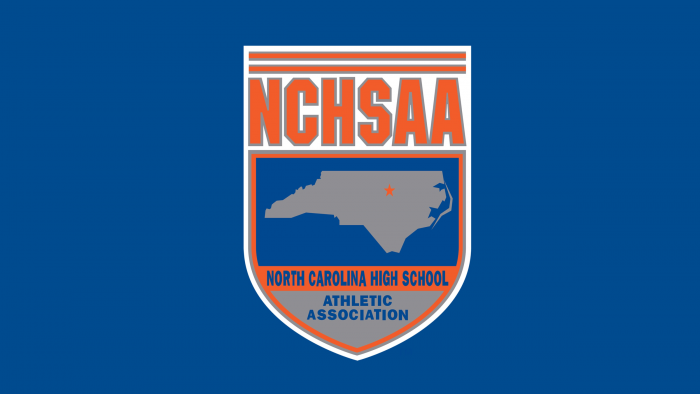NCHSAA annual meeting announces co-basketball champions, new football regulations
Published 6:47 pm Wednesday, April 29, 2020
|
Getting your Trinity Audio player ready...
|
The annual meeting of the North Carolina High School Athletic Association took place this week online with a number of changes and decisions announced.
One issue lingering from the closure of schools and subsequent halting of high school sports was the unfinished basketball state championships. The eight teams winning regional championships will be declared co-champions in the record books.
NCHSAA President Brad Craddock said in a press conference Wednesday afternoon the Board of Directors discussed various options, but looked to the history of high school sports in North Carolina for the solution. Teams in the past, like in football from 1961 to 1967, were not able to play a state championship because of a preseason decision by the Board of Directors, so both were named regional champions with no state winner crowned.
Commissioner Que Tucker said because the state championship games were scheduled and postponed two days before the scheduled date then later cancelled, co-state championships could be awarded.
When asked about teams possibly playing a charity game this summer, Tucker said it would be possible for teams to play as it would fall under the same rules of teams competing in various summer camps. Both schools would have to have completed their academic year before playing and adhere to whatever restrictions would be in place for the number of people who could congregate.
Another situation the coronavirus pandemic has interrupted in high school athletics was the realignment process. Tucker said the committee in charge of realignment met twice but could not meet again due to the governor’s stay-at-home order.
With the 2020-21 academic year as the final year of the current realignment of teams in their respective classifications and conferences, Tucker said the committee recommended the NCHSAA “push the pause button” when it came to realignment.
A number of changes to the football regulations were made during this week’s meetings. The number of scrimmage hours a team may have in the preseason dropped from seven hours to five, with a minimum of 48 hours in between events with jamborees as the exception for multiple scrimmages.
Live action contact at pre-season practices is limited to 15 minutes per positions group (linebackers, etc.) per week. Once the regular season begins, full contact drills (any drill where players would be taken to the ground) will be limited to 15 minutes per week.
Football coaches will also be able to have 60 minutes of full speed, non-contact drills in the spring seasons between April 15 and 10 days prior to the end of the semester.
The new changes came, Tucker said, in meetings between the Sports Medicine Advisory Clinic and the football coaches.
Tucker was also asked about in the future, including the start of the 2020-21 academic year in August, would the NCHSAA consider playing games in front of empty stadiums/gyms.
“High schools playing without fans obviously is never what we would envision,” Tucker said, noting the regular-seasons sanctioned by the NCHSAA belong to the schools.
“For any school to field a football team to be faced with the prospect of having a season and no fans permitted to come in at all would be financially devastating.”
Tucker said she could imagine a scenario where football and other teams played with a limited number of fans available as an opportunity to generate funds for schools, even if would not totally pay the bills.
Craddock said he believed it was too early for the NCHSAA to have an official stance on it.
The Board of Directors also approved the distribution of grant funds of $120,000 to schools requesting and awarded through the NCHSAA Grant Program.
In a statement released earlier Wednesday, the NCHSAA reminded schools the current restrictions still apply for the COVID-19 pandemic of no in-person activities as if it were a scheduled “dead period” on the association’s calendar.
“Virtual communication and activities to maintain relationships within teams is encouraged, but no in-person activities are permitted,” the statement read.





